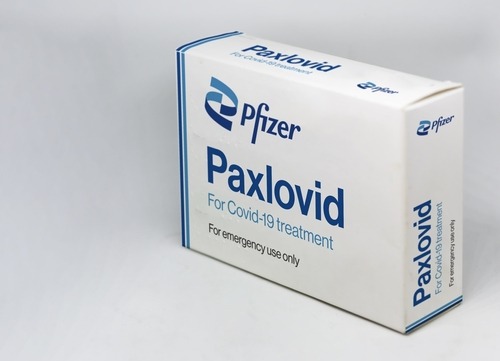
While adding Paxlovid – nirmatrelvir and ritonavir – to its list of recommended treatments for mild and moderate COVID-19 patients at risk of hospital admission, the World Health Organization (WHO) noted that lack of price transparency at Pfizer Inc. and testing demands before administration could hinder its use.
Randomized controlled trials of 3,078 patients showed the drug could reduce hospitalization rates by 85 percent and, among high-risk groups, could perhaps spare 84 out of every 1,000 patients from hospitalization. WHO strongly recommended the drug for those at highest risk of developing severe disease or requiring hospitalization: the unvaccinated, older, or immunosuppressed patients among them. However, WHO withheld its recommendation for use on patients at lower risk, finding their benefits negligible.
It was not the only concern. Specifically, the combination oral antiviral drug could be tricky for low and middle-income countries, affecting its geographic distribution. General availability is also an issue, but further, its use is slowed by the necessity for prompt and accurate testing of patients since it can only be administered at the early stages of COVID-19 infection. This would be particularly tricky for low and middle-income countries to address.
According to FIND, which is co-leading the Diagnostics Pillar of the Access to COVID-19 Tools (ACT) Accelerator alongside WHO, the average daily testing rate in low-income countries may be as low as one-eightieth the rate of high-income countries. Therefore, the world would likely need to improve access to early testing and diagnosis. Otherwise, it would be buying and providing a solution with no means to use it.
“WHO is extremely concerned that — as occurred with COVID-19 vaccines — low- and middle-income countries will again be pushed to the end of the queue when it comes to accessing this treatment,” WHO said in a statement.
The global organization added that Pfizer lacks transparency and highly restricts who can benefit from its medicine. The former, WHO said, has made it difficult for public health organizations to gain an accurate picture of the medicine’s availability. Further, a deal the pharmaceutical giant made with the Medicines Patent Pool actively limited the number of countries capable of benefiting from generic production of its medicine, keeping costs high and availability limited for many.
Several generic companies — many of which are covered by the licensing agreement between the Medicines Patent Pool and Pfizer — are in talks with WHO to obtain prequalification, but Who advised that time may be required to comply with international standards.




